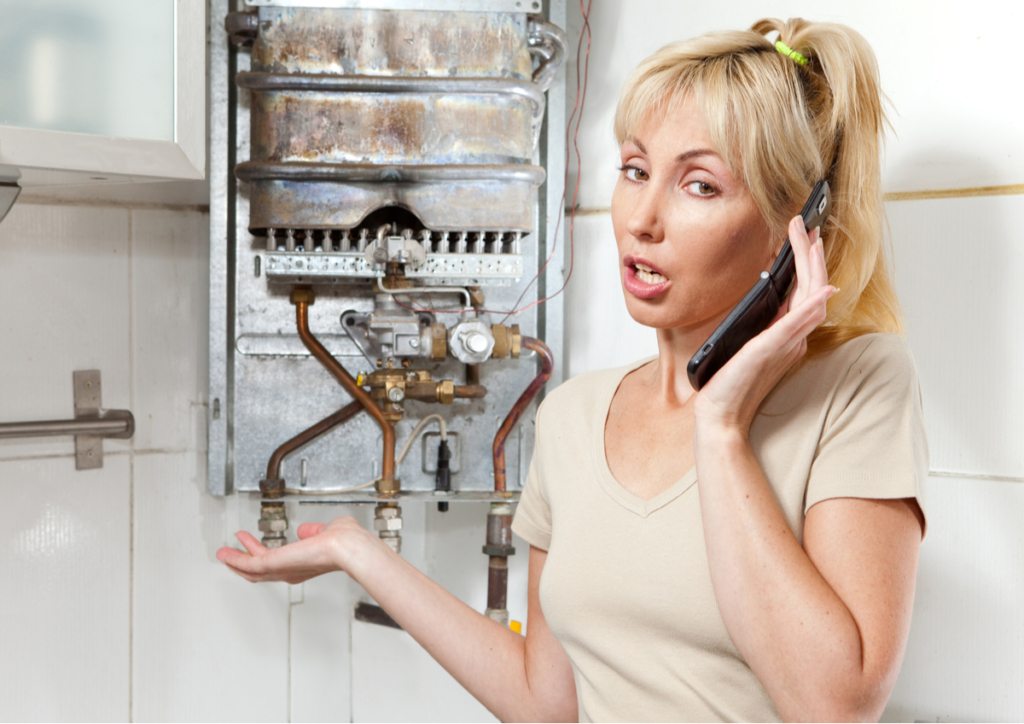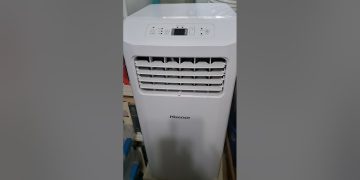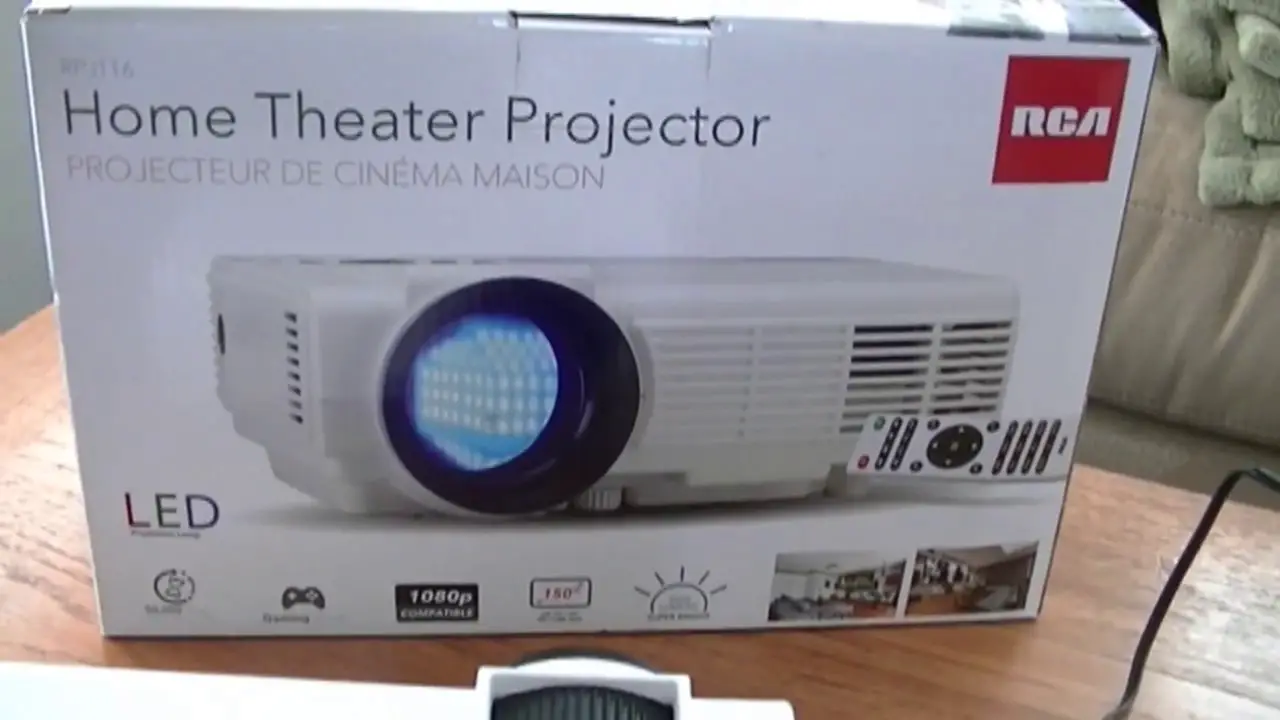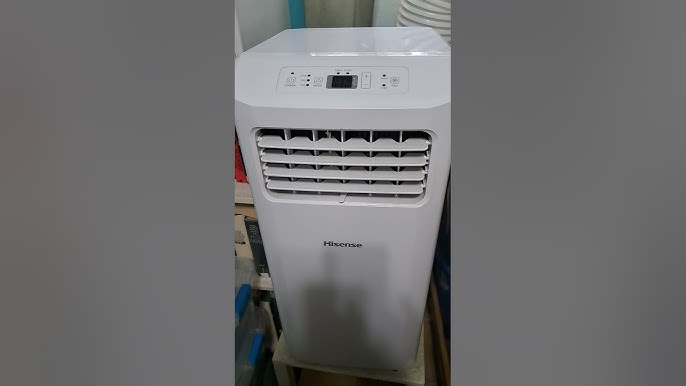A bad hot water heater can indeed affect your electric bill. A malfunctioning hot water heater can cause increased energy consumption, leading to higher electricity costs.
A properly functioning hot water heater is crucial for maintaining energy efficiency in your home. If the heater is not operating efficiently, it may lead to higher energy consumption, resulting in increased electricity bills. It is essential to address any issues with your hot water heater promptly to avoid unnecessary expenses.
We will explore how a malfunctioning hot water heater can impact your electric bill and provide tips on how to maintain an energy-efficient water heating system.
Table of Contents
ToggleCan A Bad Hot Water Heater Ramp Up Your Bill
Hot water heaters play a crucial role in ensuring our daily comfort, but a malfunctioning unit can wreak havoc on your electricity bill. Understanding the signs of a failing hot water heater and how its inefficiencies can lead to increased electricity usage is essential in maintaining cost-efficiency.
Signs Your Hot Water Heater May Be Failing
1. Strange Noises: Clanking or banging sounds can indicate sediment buildup or a dysfunctional heating element.
2. Inconsistent Hot Water: Fluctuating water temperature or a complete lack of hot water may denote an issue with the heater.
3. Leakage: Puddles around the base of the heater could signal a potential problem.
How Inefficiencies Translate To Increased Electricity Usage
When a hot water heater starts to fail, its operational efficiency decreases, leading to a higher consumption of electricity. The heating elements and thermostats may struggle to maintain optimal temperature, causing the unit to draw more power and increasing your monthly electric bill.
Identifying A Faulty Hot Water Heater
Identifying a Faulty Hot Water Heater is crucial for maintaining the efficiency of your electric bill. A malfunctioning hot water heater can significantly impact your electricity consumption, leading to higher bills and potential safety hazards. By recognizing the signs of a faulty hot water heater early on, you can take proactive measures to address the issue, saving energy and costs in the long run. Here are some common indicators to look out for:
Unusual Noises And Leakage
One of the key signs that your hot water heater may be malfunctioning is the presence of unusual noises, such as banging, popping, or rumbling sounds coming from the unit. Additionally, visible signs of leakage around the base of the heater or along the connecting pipes can indicate internal issues that may be impacting its efficiency.
Inconsistent Water Temperatures
If you notice fluctuations in your water temperatures, where the water turns unexpectedly cold or hot during normal usage, it could be an indication of a faulty hot water heater. Inconsistent heating may be caused by mineral buildup, a defective thermostat, or other internal problems affecting the unit’s performance.
Discolored Water Or Unpleasant Smell
Another warning sign to watch for is discolored or rusty water flowing from your faucets, which could suggest corrosion or sediment buildup within the hot water heater. Additionally, if the water emits a foul odor, resembling a sulfur or rotten egg smell, this could be a result of bacterial growth in the tank, indicating a potential issue with the heater.
Direct Impact On Electric Bill
When it comes to understanding the impact of a faulty hot water heater on your electric bill, it’s important to recognize the direct correlation between the two. A malfunctioning hot water heater can significantly affect your energy consumption, leading to higher electricity costs. Let’s explore the direct impact on electric bill in more detail.
Higher Energy Consumption Explained
A faulty hot water heater can result in higher energy consumption, which directly impacts your electric bill. Leaking tanks, inefficient heating elements, or thermostat malfunctions can all contribute to increased energy usage. When a hot water heater operates at suboptimal levels, it needs to work harder to maintain the desired temperature, leading to a surge in energy consumption.
Comparing Bills: Efficient Vs. Faulty Heaters
When comparing the electric bills of households with efficient hot water heaters to those with faulty ones, the difference in energy consumption becomes evident. An efficient heater’s energy usage is consistently regulated, resulting in lower utility costs. In contrast, a faulty heater’s irregular energy demands can translate to spikes in electricity bills. It’s crucial to be mindful of any unusual fluctuations in your electric bill, as they could be indicative of a malfunctioning hot water heater.
Cost-efficiency Of Timely Repairs
When it comes to the cost-efficiency of hot water heater repairs, addressing issues promptly can have a significant impact on your electric bill. Let’s delve into the short-term repair costs versus the long-term savings and the crucial role of regular maintenance.
Short-term Repair Costs Vs. Long-term Savings
Addressing hot water heater issues promptly, such as leaks or faulty heating elements, may entail upfront costs for repairs. However, delaying these repairs can result in increased energy consumption and higher electric bills. By investing in timely repairs, you can prevent further damage and significantly reduce long-term operational costs.
The Importance Of Regular Maintenance
Regular maintenance of your hot water heater is essential for maximizing its efficiency and minimizing energy consumption. Here’s a breakdown of the key areas to focus on during regular maintenance:
- Checking for leaks and addressing them promptly.
- Flush out sediment buildup to optimize heating efficiency.
- Inspecting and replacing worn-out heating elements.
By staying proactive with maintenance, you can ensure that your hot water heater operates at peak efficiency, ultimately leading to lower energy bills and extended equipment lifespan.
Upgrading Your Hot Water System
When To Consider A New Heater
If your current hot water heater is more than 10 years old or showing signs of inefficiency, corrosion, or frequent breakdowns, it may be time to consider upgrading to a new one.
Energy-efficient Water Heating Technologies
When upgrading your hot water system, you can opt for modern, energy-efficient technologies such as heat pump water heaters, tankless water heaters, or solar water heaters. These advanced technologies can significantly reduce energy consumption while providing consistent hot water supply.
Potential Savings On Future Electric Bills
- Energy-efficient water heaters can lead to substantial savings on future electric bills by reducing energy consumption and operating costs.
- Switching to a more efficient hot water system not only lowers your utility bills but also contributes to environmental sustainability by reducing your carbon footprint.

Credit: jrbolton.com
Frequently Asked Questions On Can A Bad Hot Water Heater Affect Electric Bill
Can A Bad Hot Water Heater Cause High Electric Bills?
Yes, a malfunctioning hot water heater can lead to high energy consumption, resulting in increased electric bills. Issues such as sediment buildup, a faulty thermostat, or a leak can all contribute to inefficiency and higher energy usage.
What Are The Signs Of A Failing Hot Water Heater?
Signs of a failing hot water heater include insufficient hot water, strange noises, rusty water, and leaks. These issues indicate potential problems with the unit’s heating element, tank corrosion, or internal components, which can impact energy efficiency.
How Can I Reduce My Electric Bill With A Bad Hot Water Heater?
To reduce electric bills with a malfunctioning hot water heater, consider insulating the unit, repairing leaks, or upgrading to a more energy-efficient model. These measures can improve the heater’s performance and reduce energy consumption, resulting in lower electric bills.
Why Is My Hot Water Heater Using More Electricity Than Usual?
Your hot water heater may be using more electricity than normal due to various factors such as sediment buildup, a faulty heating element, or a malfunctioning thermostat. These issues can cause the heater to work harder and consume more energy.
Regular maintenance is crucial to prevent inefficiency.
Conclusion
A faulty hot water heater can significantly impact your electric bill by causing energy inefficiency. Regular maintenance and prompt repairs can help to mitigate these effects, ensuring optimal energy usage and cost savings. Don’t overlook the importance of your hot water heater’s performance in managing your monthly expenses.








